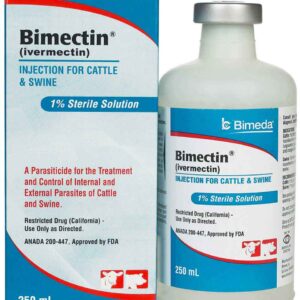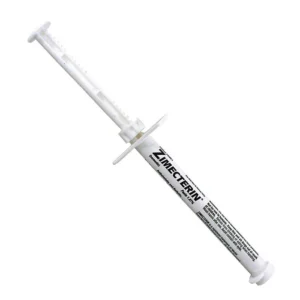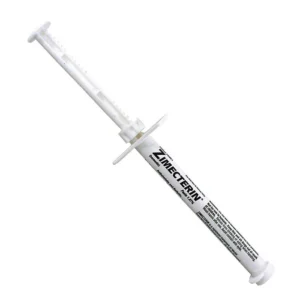Ivermectin - Anti-parasitic Medication
What is Ivermectin?
Ivermectin is a powerful, FDA-approved antiparasitic medication used to treat a variety of parasitic infections in humans and animals. Originally developed in the late 1970s, Ivermectin has become a cornerstone in the fight against diseases caused by parasitic worms and certain external parasites. It is available in several forms, including oral tablets, topical creams, and lotions.
How Does Ivermectin Work?
Ivermectin works by interfering with the nervous system and muscle function of parasites, causing paralysis and death of the invading organisms. This action helps eliminate the parasites from the body, providing relief from symptoms and preventing further complications.
Common Uses of Ivermectin
Ivermectin is prescribed for the treatment of several conditions, including:
Intestinal Strongyloidiasis: Infection caused by the roundworm Strongyloides stercoralis.
Onchocerciasis (River Blindness): Caused by the parasite Onchocerca volvulus.
Scabies: A skin infestation caused by the mite Sarcoptes scabiei.
Head Lice: Infestation of the scalp by lice.
Other Parasitic Infections: Such as lymphatic filariasis and certain types of worm infections.
Always use Ivermectin as directed by a healthcare professional.
Benefits of Ivermectin
FDA-Approved: Proven safety and efficacy for approved uses.
Broad-Spectrum: Effective against a wide range of parasites.
Convenient Dosage Forms: Available as oral tablets, topical creams, and lotions.
Well-Tolerated: Generally safe with a low risk of serious side effects when used as directed.
How to Use Ivermectin
Oral Tablets: Usually taken on an empty stomach with a full glass of water. Dosage depends on the condition being treated and your body weight.
Topical Creams/Lotions: Applied directly to the affected area as prescribed.
Follow Your Doctor’s Instructions: Do not self-medicate or change your dose without consulting a healthcare provider.
Possible Side Effects
While Ivermectin is generally well-tolerated, some people may experience side effects, including:
Nausea or vomiting
Dizziness
Diarrhea
Mild skin rash or itching (with topical use)
Fatigue
Serious side effects are rare. If you experience severe allergic reactions, vision changes, or neurological symptoms, seek medical attention immediately.
Precautions and Warnings
- Pregnancy & Breastfeeding: Consult your doctor before use.
- Medical Conditions: Inform your healthcare provider if you have liver disease, immune system disorders, or other chronic illnesses.
- Drug Interactions: Tell your doctor about all medications and supplements you are taking.





















